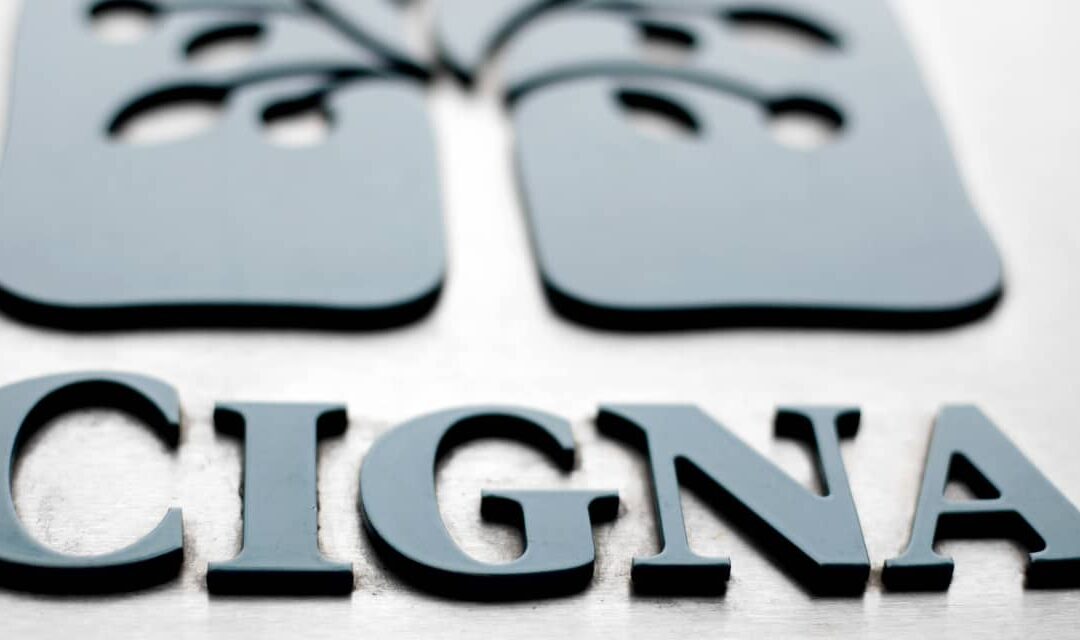Cigna Group said Wednesday it has agreed to sell its Medicare Advantage business to Health Care Service Corp. for about $3.7 billion in cash, confirming a Wall Street Journal report.
Under the terms of the deal, HCSC, a nonprofit insurer, will acquire Cigna’s Medicare lines, including Medicare Advantage, Medicare supplement and Medicare drug plans, as well as a unit called CareAllies that works with physician groups and other healthcare providers.
Cigna
CI,
and HCSC agreed to a four-year services agreement under which Cigna unit Evernorth Health Services will continue to provide pharmacy benefit services to the Medicare businesses.
The deal is expected to close in the first quarter of 2025.
“While we continue to believe the overall Medicare space is an attractive segment of the healthcare market, our Medicare businesses require sustained investment, focus, and dedicated resources disproportionate to their size within The Cigna Group’s portfolio,” Cigna CEO David M. Cordani said in a statement.
The news is not a big surprise after the Wall Street Journal reported in November that Cigna was seeking a stock-and-cash combination with Humana, a deal that was later scrapped when the two parties were unable to agree on terms, said Mizuho analysts.
“We believe Cigna is still interested in Humana, but will likely come back to the table in 2025 when Humana’s earnings and growth trajectory stabilizes and the regulatory environment for large M&A potentially improves post the Presidential election,” analyst Ann Hynes wrote in a note to clients.
The divestiture now sets the company up to win favor from the current U.S. Justice Department, she added. Mizuho has a buy rating on Cigna’s stock.
The deal is expected to boost Cigna’s adjusted per-share earnings in 2025. The company backed its 2024 guidance for adjusted EPS of at least $28 and its long-term annual adjusted EPS growth target of 10% to 13%. The company will update guidance when it posts fourth-quarter earnings on Feb. 2.
Proceeds of the deal will be used to fund share buybacks.
The deal comes at a time when managed-care companies are grappling with rising medical costs from Medicare Advantage customers, as many are catching up with procedures such as hip and knee replacements that were delayed by the COVID-19 pandemic.
Humana
HUM,
posted a wider-than-expected quarterly loss last week and cut its 2024 profit guidance to almost half what analysts were forecasting. The news sent the entire sector lower.
Cigna’s Medicare Advantage business accounted for about 20% of overall healthcare premium revenue and about 4.5% of total company revenue. Beneficiaries accounted for 3.1% of total medical membership. Cigna has a roughly 20% share of the Medicare Advantage across the U.S..
Mizuho said the stock will likely perform well after earnings if the company confirms it’s not planning major M&A in 2024.
“As a reminder, when talks for a deal with Humana ended in December, Cigna announced that the company planned to shift its focus toward bolt-on M&A and share repurchase,” said Hynes.
The company unveiled a $10 billion increase in its share repurchase authorization, boosting it to up to $11.3 billion.
“We hope the company reiterates this stance for 2024,” said the analyst.
Cigna’s stock was up 1.2% Wednesday, but is down 4.5% in the last 12 months, while the S&P 500
SPX,
has gained 20.8%.









